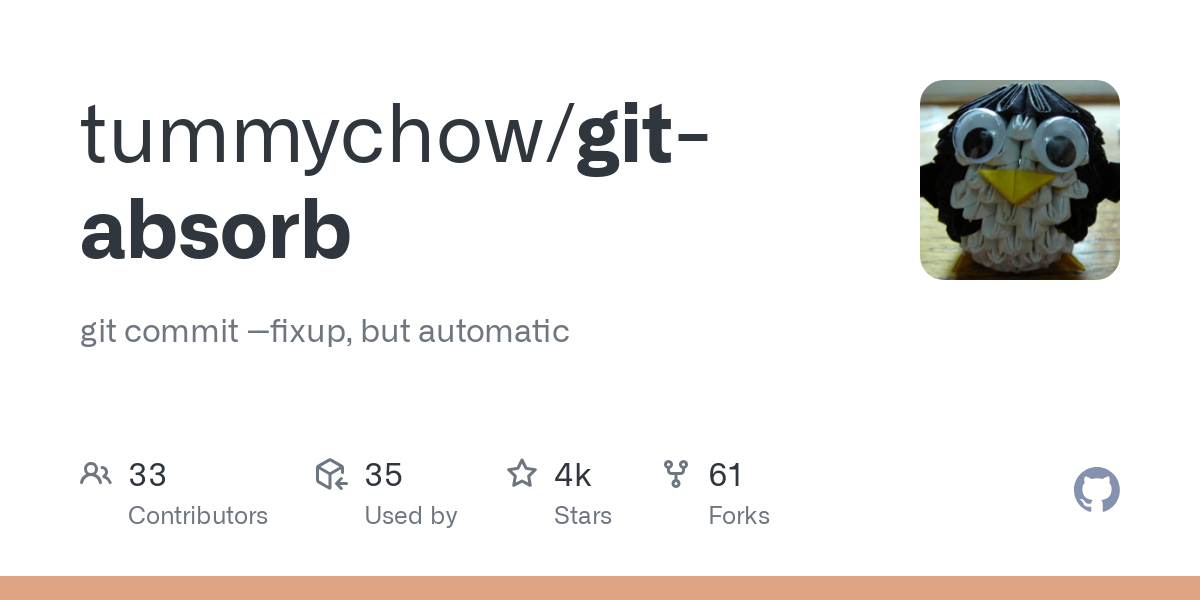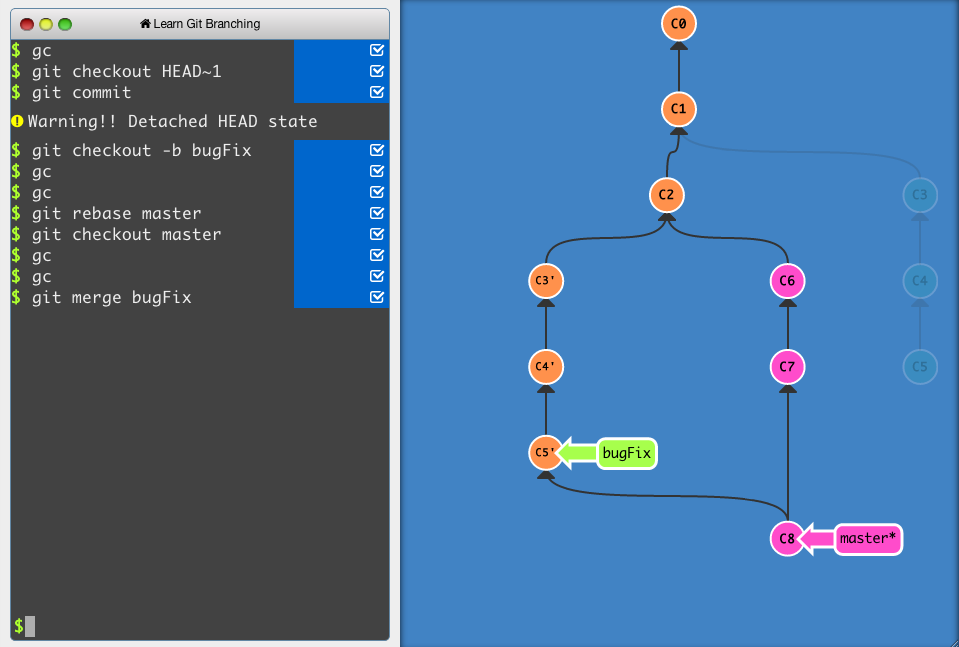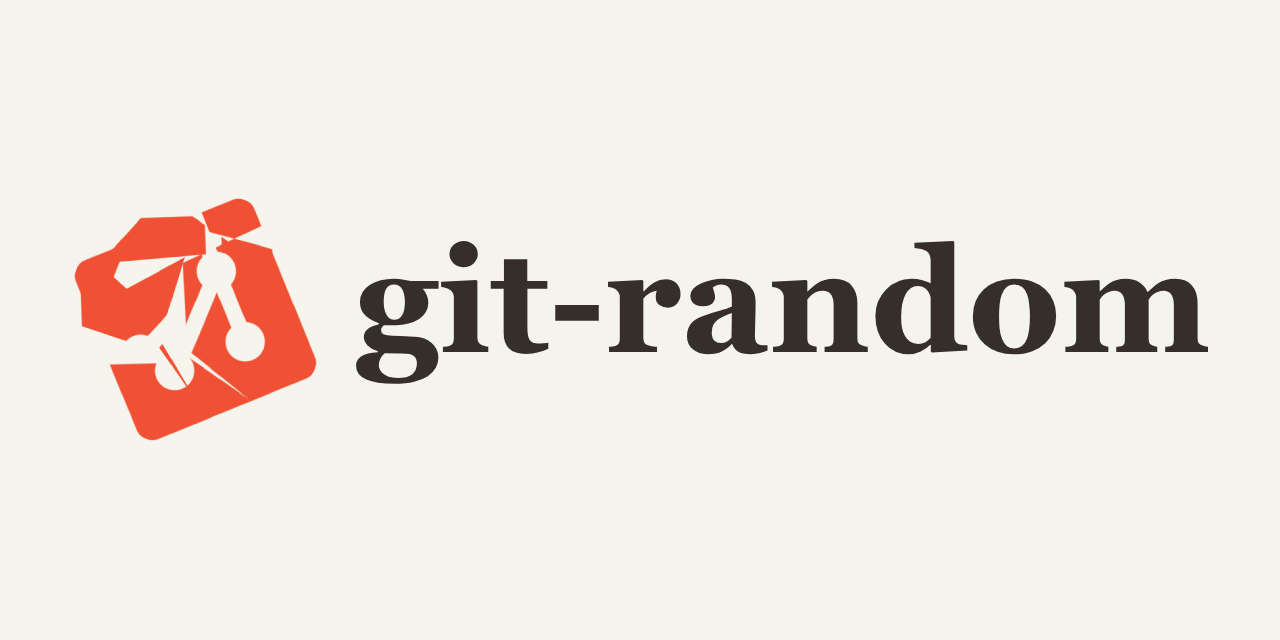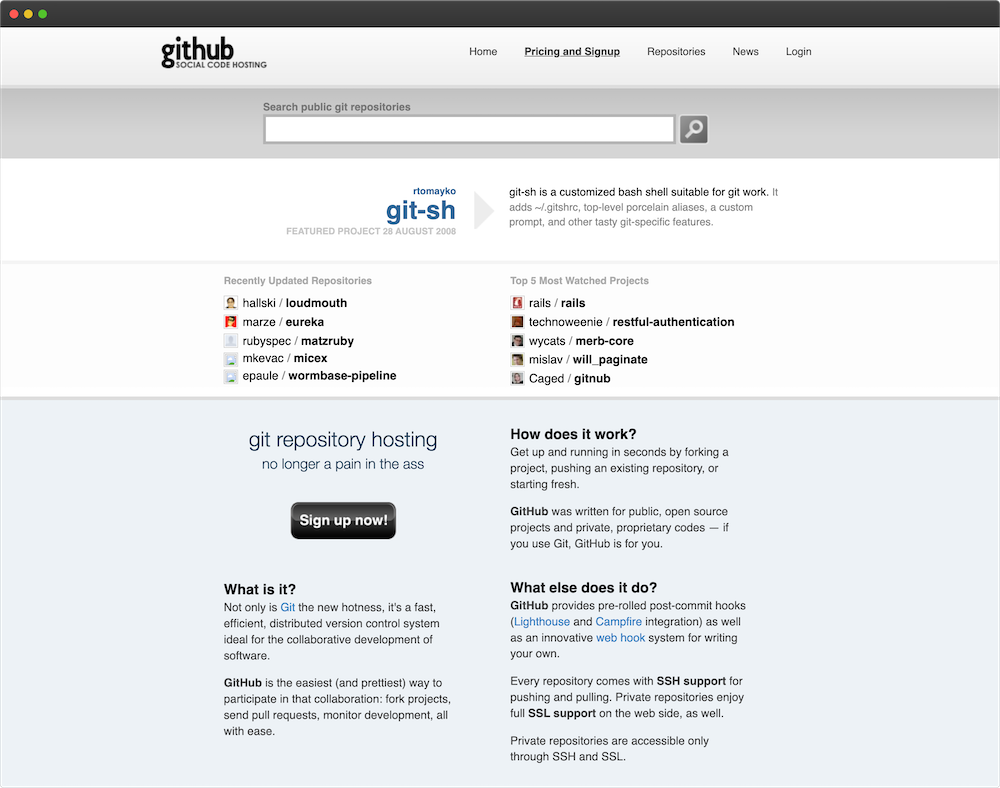Mastodon: @canpolat@hachyderm.io
- 169 Posts
- 27 Comments

 10·5 months ago
10·5 months agoNot sure but that sounds like you have a problem with your Git installation (or a dependency of Git). Maybe a reinstallation can solve that.

 3·5 months ago
3·5 months agoI understand the “why would I pay for this” reaction. I think crowdsourcing is a better approach for these kinds of content. Once you reach certain level of financial commitment from the crowd, you can give away the PDF and sell the print copy.

 26·5 months ago
26·5 months agogit branches are just homeomorphic endofunctors mapping submanifolds of a Hilbert space
Yeah, once you realize that everything falls into place.

 16·6 months ago
16·6 months agoI believe you can replace
startwith the command that is suitable for your system (e.g.,xdg-openfor linux).

 11·7 months ago
11·7 months agoThat’s an unnecessarily strong reaction. Money clearly matters for some things. But that’s not all that matters. There are many people releasing FOSS without any financial expectations. Clearly, money doesn’t matter to those people on that context. Trying to argue that “money should matter also for those people on that context” doesn’t make too much sense to me. Nobody is forcing anybody to release FOSS.

 11·7 months ago
11·7 months agoSorry, I don’t follow your reasoning. Why would a company not making money be a relevant problem for the advocates of FOSS? FOSS is about freedom. It never had an opinion about money. Money has always been irrelevant. Some people may not like it, and they are free to not use non-free licenses. And FOSS advocates will warn users about that (as they did in the past). FOSS doesn’t have an obligation to offer a solution to every problem in the software industry.

 1·7 months ago
1·7 months agoI don’t think that is relevant from author’s (and OSI’s) point of view.

 3·7 months ago
3·7 months agoHere is my understanding of author’s position: Stay away from companies like Redis and ElasticSearch. They are building software with a proprietary mindset (the fact that they have tight control over product strategy and development demonstrates this) only to realize that they are being devoured by bigger fish. It’s a business model problem, not an open source problem.

 44·7 months ago
44·7 months agoHere is the link to the original website (an NGO that monitors blocked websites in Turkey): https://ifade.org.tr/engelliweb/distrowatch-erisime-engelledi/
And here is the Google translation of the text on that page:
The IP address of the DistroWatch platform, which provides news, reviews, rankings and general information about Linux distributions, was blocked by the National Cyber Incident Response Center (USOM) on the grounds of “IP hosting/spreading malware”.

 3·8 months ago
3·8 months agoI think you are highlighting an important point that are missed by other commenters emphasizing the developer. I prefer GPL over MIT license. But this is a possible fallback if Redis decides to change its licensing (like several others did).
I think these kind of products have strategic significance for MS for their Azure offering. They are probably preparing to offer this there (in addition to and as an alternative to Redis). So, it makes sense for Microsoft to release this with an OSS license (otherwise no one will adopt it).

 3·8 months ago
3·8 months agoWhat
checkoutactually does. Here is a past comment with links to the courses (they are pay-walled, unfortunately)

 2·8 months ago
2·8 months agoI don’t think I read that one. I created a separate link-post for that one. Thanks.

 6·8 months ago
6·8 months agoMine happened when I watched Paolo Perrota’s Git courses on Pluralsight. That’s when it clicked for me.

 17·9 months ago
17·9 months agoWho is this particular developer
As far as I understand from the discussions about the topic, Maxim Dounin was one of the few core developers of nginx. Looks like Wikipedia has already been updated.

 12·9 months ago
12·9 months agoThe URL seems to have a typo. Correct URL is https://github.com/presslabs/gitfs
I know you said “self hosted”, but if you are interested in an Android app, Google Play Books does most of what you want, I think. You can upload your books, and read them on any device (with offline capabilities). But this is the Self Hosted community, so I will show myself out.

 1·9 months ago
1·9 months agoPossibly. My point is: despite having a common subset Pkl and JSON schema doesn’t seem to be solving the same problems. But, I’m just learning about it, so I may just be wrong.

 3·9 months ago
3·9 months agoI just learned about Pkl, so take this with a grain of salt. JSON Schema and Pkl seem to have some overlap. But JSON schema is not specifically designed for handling configuration and Pkl supports other formats like YAML.

 51·9 months ago
51·9 months agoThis looks really interesting. Getting type safety and editor support to configuration may change quite a bit of how things are done. I don’t know if it will gain traction, but if it does, it may really help bringing some long awaited structure to all those YAML files. There appears to be examples specifically for Kubernetes (https://github.com/apple/pkl-k8s-examples).












Don’t they already have the names Leap and Tumbleweed? Changing the name to Leap would make sense since it’s the name of the “official LTS” version. At this point it sounds like “openSUSE” is the name of the project and not the distro. But I haven’t been following them closely, so perhaps I’m wrong.